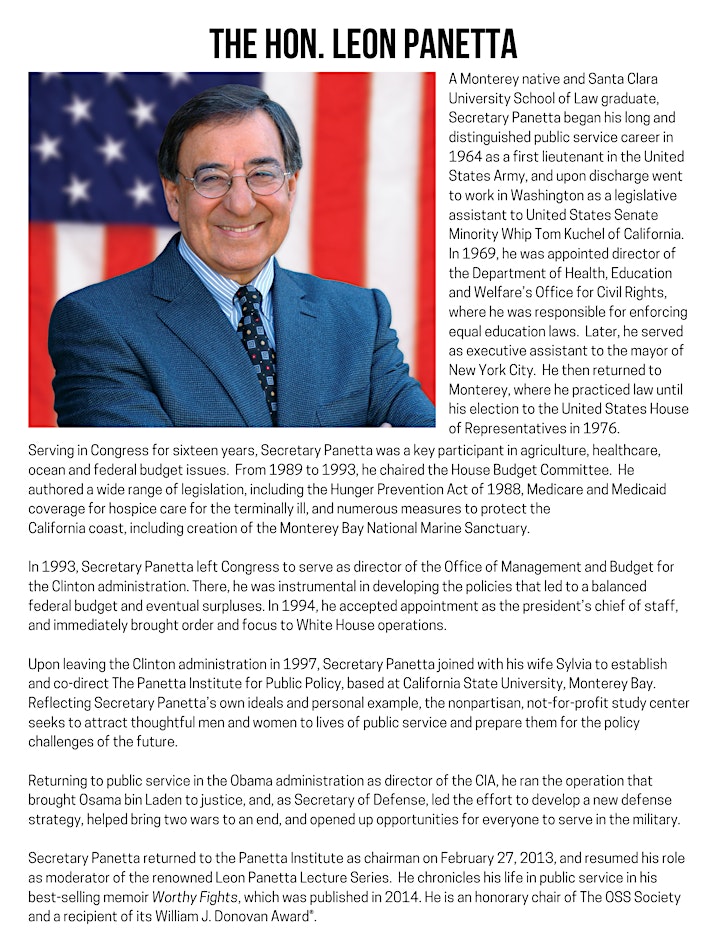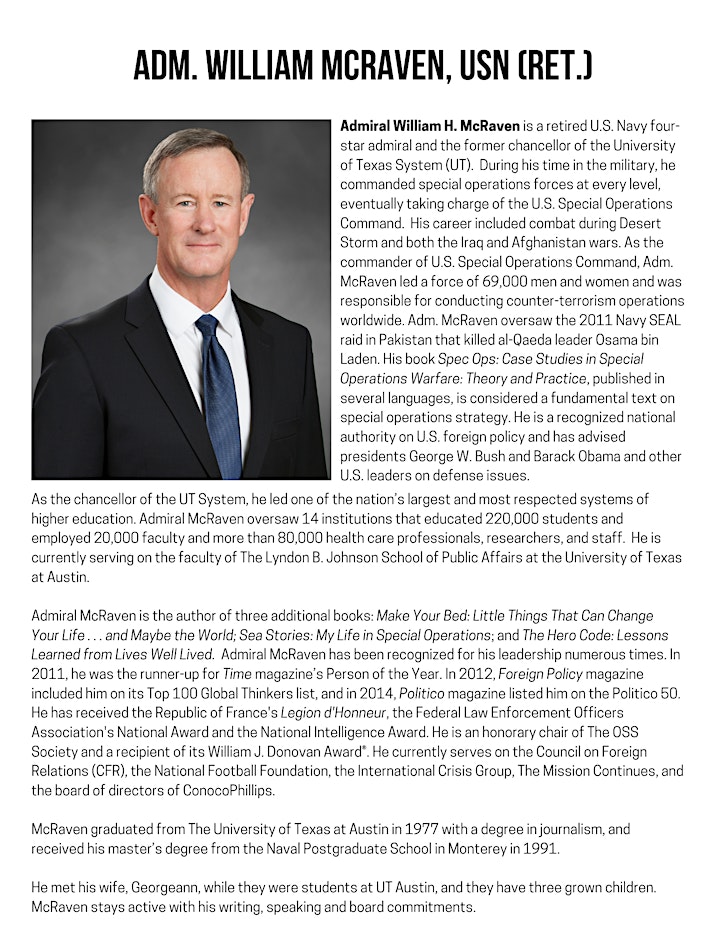05/02/2021 News & Commentary – Korea
News & commentary by Dave Maxwell. Edited and published by Daniel Riggs.
1. Biden administration forges new path on North Korea crisis in wake of Trump and Obama failures
2. Biden to Steer Between Obama, Trump Policies on North Korea
3. Biden Administration Foreign Policy Tracker- Late April Trends - Korea
4. Biden to veer from Trump, Obama policies in taking on NKorea
5. Biden administration sets new North Korea policy of ‘practical’ diplomacy
6. Kim Jong-un orders army youth to stamp out haircuts and music he doesn't like
7. S. Korea vows to coordinate with U.S. for early resumption of nuke talks with N.K.
8. S. Korean, U.S. military chiefs vow stronger combined readiness, alliance
9. Seoul, Washington still fine-tuning summit agenda
10. S. Korea to join U.S. efforts to reshape global semiconductor supply chain
11. Report: U.S. seeking improvements to THAAD systems, including Korea
12. South Korea Is Doing It Again: Confounding The Skeptics
13. Biden’s new North Korea policy is an extended hand to Kim Jong Un
14. Joint chiefs of staff of S. Korea, U.S., Japan meet in Hawaii
15. North Korean defector faces $27K fine for sending leaflets into country by balloon
16. Trump Reveals What Many Already Suspected About His Korea Policy
1. Biden administration forges new path on North Korea crisis in wake of Trump and Obama failures
The Washington Post · by John Hudson and Ellen Nakashima · April 30, 2021
It seems like John Hudson and Ellen Nakashima were privileged to be granted the scoop on the new policy.
2. Biden to Steer Between Obama, Trump Policies on North Korea
WSJ · by Michael R. Gordon and Sabrina Siddiqui
Based on the timing of this article it looks like Michael Gordon and Sabrina Siddiqui also had early access to the announcement that the policy review was complete.
My sense is the Biden administration is basing their new policy on a deep (and realistic) understanding of the nature, objectives, and strategy of the Kim family regime. However, it will still be a compromise policy taking into account many of the diverse views of both US internal differences and those of our allies (a tough thing to do).
But.....I hope there is a publicly discussed overt policy (that is based on principled (and practical) diplomacy, a human rights upfront approach, deterrence and defense and full implementation of all relevant UN Security Council Resolutions) but that it supports a classified superior political warfare strategy to counter the regime's political warfare strategy with juche characteristics.
3. Biden Administration Foreign Policy Tracker- Late April Trends - Korea
FDD · by David Maxwell and Matthew Ha
4. Biden to veer from Trump, Obama policies in taking on NKorea
AP · by Aamer Madhani and Matthew Lee
People are already making comments about the phrase "denuclearization of the entire Korean peninsula" (both positively and critically as the Korea watcher community is divided on this issue). I wrote about it here.
My comments: “Another clue regarding the Biden administration’s policy for the Hermit Kingdom is its consistent use of the phrase “denuclearization of North Korea” to describe its long-term objective. The United States and its regional allies have long debated this phrasing. Washington and other members of the Quad prefer this wording, North and South Korea and many Korean pundits say the goal is “denuclearization of the Korean peninsula.”
The latter phrase dates back to the 1992 North-South Agreement on Denuclearization, which pledged that neither North nor South Korea would seek nuclear weapons. Various agreements and resolutions over the past thirty years, including UNSCR 1718 and the 2018 statements at summit meetings in Panmunjom and Singapore, have also used this phrasing. Yet the “denuclearization of North Korea,” which solely references the Hermit Kingdom, is the more accurate description of what must take place on the Korean Peninsula.
This is because the ROK and the United States completed the denuclearization of the South when America withdrew tactical nuclear weapons in 1991. It is North Korea that has continued to develop weapons of mass destruction to threaten the ROK, the region, and the world. The Biden administration’s choice to use “denuclearization of North Korea” suggests the new policy’s objectives will not be complete until North Korea denuclearizes.
Kim Jong-un uses the phrase “denuclearization of the Korean peninsula” as part of his demand for the end of Washington’s “hostile policy,” which he defines as the presence of U.S. troops in the region, the ROK/U.S. alliance, and Washington’s extended deterrence over South Korea and Japan. Whether witting or not, those who use this phrase are supporting the North Korean narrative, thereby providing the continued rationale for Kim Jong-un to make his various demands. Without U.S. forces, Kim believes he can successfully implement Pyongyang’s strategy, which is based on subversion, coercion, and extortion. If conditions are right, then he might even be able to achieve the regime’s strategic aim to dominate the peninsula in order to ensure its survival.
...
However, Kim will likely continue using the phrase “denuclearization of the Korean peninsula” to mask his true motives. When he does so, the United States and the international community should respond with two messages as part of an influence campaign.
First, they should publicly explain Kim’s own hostile strategy every time the regime uses the phrase. This is in keeping with Sun Tzu’s famous dictum, “what is of supreme importance is to attack the enemy’s strategy.”
Second, they should remind the international community and North Korea that the ROK already completed denuclearization of the South back in 1991 and that there are no nuclear weapons on any southern territory. It is the North that has refused to comply with all relevant UNSCRs, and it alone must do so to complete denuclearization of the entire Korean Peninsula.
5. Biden administration sets new North Korea policy of ‘practical’ diplomacy
Excerpt: “On April 15, Washington Post columnist David Ignatius quoted a senior administration official as saying the likelihood of North Korea giving up nuclear weapons right now was “close to zero” and the administration was seeking interim “way stations,” such as halting weapons proliferation and checking North Korea’s development of new delivery systems like submarine-launched ballistic missiles.
6. Kim Jong-un orders army youth to stamp out haircuts and music he doesn't like
Mirror · by Nina Lloyd · May 1, 2021
The real threats to the regime: Ideological. Of course he may be on to something. Look how radicalized the west became due to the Beatles' haircuts on the Ed Sullivan show in the 1960s. It was the end of the world as we know it (oh wait, that was REM).
7. S. Korea vows to coordinate with U.S. for early resumption of nuke talks with N.K.
en.yna.co.kr · by 김수연 · May 1, 2021
The key issue: “The two sides were far apart over the scope of Washington's sanctions relief in exchange for the North's denuclearization steps. “
8. S. Korean, U.S. military chiefs vow stronger combined readiness, alliance
en.yna.co.kr · by 오석민 · May 1, 2021
Note it is the combined forces that must be "ready to fight tonight."
It is no surprise that the professional military leaders in our alliance would emphasize this. The question is will our political leaders (particularly in the South), allow readiness to be strengthened?
9. Seoul, Washington still fine-tuning summit agenda
The Korea Times · by Jung Da-min · April 30, 2021
From the South Korean perspective note emphasis on QUAD and COVID (specifically vaccines). No mention of the new US Korea policy.
10. S. Korea to join U.S. efforts to reshape global semiconductor supply chain
donga.com · May 01, 2021
Good news.
11. Report: U.S. seeking improvements to THAAD systems, including Korea
UPI · by Elizabeth Shim · April 30, 2021
This will cause friction with both the professional agitators who have radicalized Korea citizens to protest THAAD and China.
12. South Korea Is Doing It Again: Confounding The Skeptics
Forbes · by William Pesek · April 30, 2021
:-)
Excerpts: “The good news is that Korea’s rebound adds spring to the step of President Moon Jae-in’s government, which is in its last year. Since May 2017, Moon has talked big about building a more innovative growth model.
In recent decades, Korea beat the dreaded “middle-income trap” by becoming a leader in consumer electronics, digital devices, petrochemicals, semiconductors and popular culture exports. More recently, Seoul tried to diversify an economy historically driven by autos and ships. Moon set out to recalibrate growth engines from exports to innovation and services.
A major focus has been diverting economic oxygen away from chaebols to startups that disrupt the local business culture and develop into tech “unicorns” that create new jobs and wealth. The trouble, of course, is that Korea has now had three successive presidents who spoke of raising the nation’s economic game.
13. Biden’s new North Korea policy is an extended hand to Kim Jong Un
Vox · by Alex Ward · April 30, 2021
Some diverse interpretations of the policy now that it has been announced that the review is complete.
Semantics but the announcement was the review is complete - could that mean the review has been completed but the new policy (which should be based on the review) is still in development? (I tend to think the new policy has been developed but we are only likely to hear the major talking points which Ms. Psaki provided rather than the details which I believe should be classified).
Again the phrase "denuclearization of the Korean peninsula" is going to be controversial. If we are going to use it, we must continually emphasize that South Korea has complied with the 1992 north-South Agreement of Denuclearization - the north did not and has not and must now comply with all relevant UN Security Council Resolutions to meet its obligations.
14. Joint chiefs of staff of S. Korea, U.S., Japan meet in Hawaii
Note the reference to the Iskander KN-23 which can attack what the north calls the "fat target" which can only mean Camp Humphreys, Osan Air Base and Cheongju Air Base. Our ROK and US military leaders know that Kim still has designs on warfighting and executing his camping plan to dominate the peninsula if conditions are favorable or he is faced with a existential threat (internally or externally).
15. North Korean defector faces $27K fine for sending leaflets into country by balloon
Newsweek · by Julia Marnin · April 30, 2021
If he is subject to a fine by the ROKG the international community must unite in opposition (and we will have to start a "GoFundMe campaign").
However, if the ROKG decided to not take action perhaps it can walk back its appeasement of KimYo-jong who coerced the ROK into passing the law in December based on her threats (and the destruction of the South Korean liaison building in Kaesong last June).
16. Trump Reveals What Many Already Suspected About His Korea Policy
thediplomat.com · by Kyle Ferrier · April 28, 2021
I think I am a little more critical of the former POTUS' statement than Kyle: “I think the former president's comments are harmful to the US and our interests. They are embarrassing and shameful and illustrate how little he understands of the nature, objectives, and strategy of the Kim family regime. as well as the importance of the ROK/US alliance to US national security interests. He does not know what all of the rest of Americans and most Koreans in the north and South (save perhaps some in the Moon administration) know: The root of all problems in Korea is the existence of the most evil mafia-like crime family cult known as the Kim family regime that has the objective of dominating the Korean Peninsula under the rule of the Guerrilla Dynasty and Gulag State. It seeks to do this through the execution of a seven decades old strategy of subversion, coercion-extortion (blackmail diplomacy), and use of force to achieve unification dominated by Kim Jong-un in order to ensure the survival of the Kim family regime. That said, the former president (or more likely his national security team - many of whom had a deep understanding of the nature, objectives and strategy of the Kim family regime) deserves credit for only one action in regards to north Korea and that is he did not lift sanctions against the regime. That was his single most important action in regards to Korea policy. His unconventional, experimental, top-down, pen-pal diplomacy was really nothing more than the gimmick of a reality TV show and did little to advance ROK/US strategic interests and security except to erase the last taboo of a presidential meeting with what can only be described as the most evil totalitarian dictator in the modern era who is responsible for the worst human rights abuses and crimes against humanity, as determined by the 2014 UN Commission of Inquiry, in the modern era and on a scale not seen since World War II.
------------
“To fight the good fight is one of the bravest and noblest of life’s experiences. Not the bloodshed and the battle of man with man, but the grappling with mental and spiritual adversaries that determines the inner caliber of the contestant. It is the quality of the struggle put forth by a man that proclaims to the world what manner of man he is far more than may be by the termination of the battle.
It matters not nearly so much to a man that he succeeds in winning some long-sought prize as it does that he has worked for it honestly and unfalteringly with all the force and energy there is in him. It is in the effort that the soul grows and asserts itself to the fullest extent of its possibilities, and he that has worked will, persevering in the face of all opposition and apparent failure, fairly and squarely endeavoring to perform his part to the utmost extent of his capabilities, may well look back upon his labor regardless of any seeming defeat in its result and say, ‘I have fought a good fight.’
As you throw the weight of your influence on the side of the good, the true and the beautiful, your life will achieve an endless splendor. It will continue in the lives of others, higher, finer, nobler than you can even contemplate.”
- Hugh B. Brown




